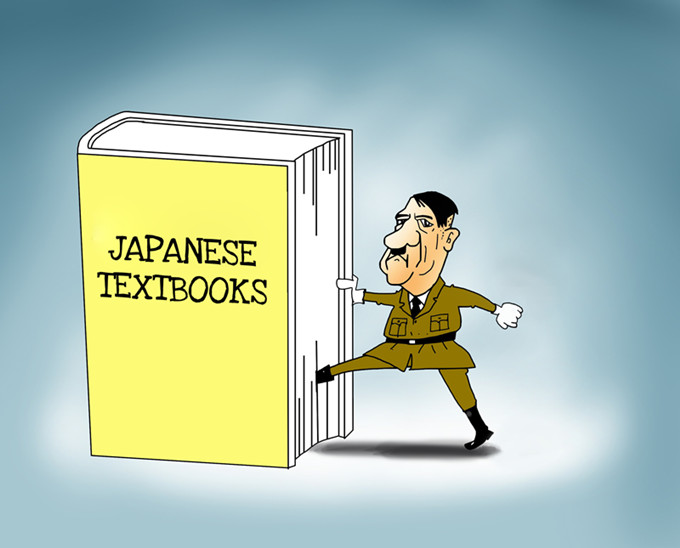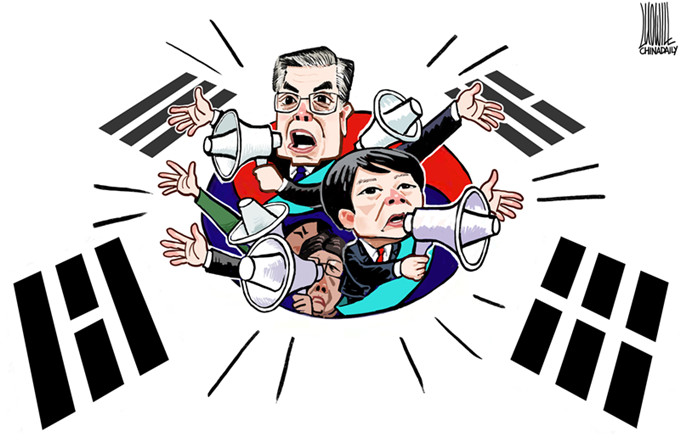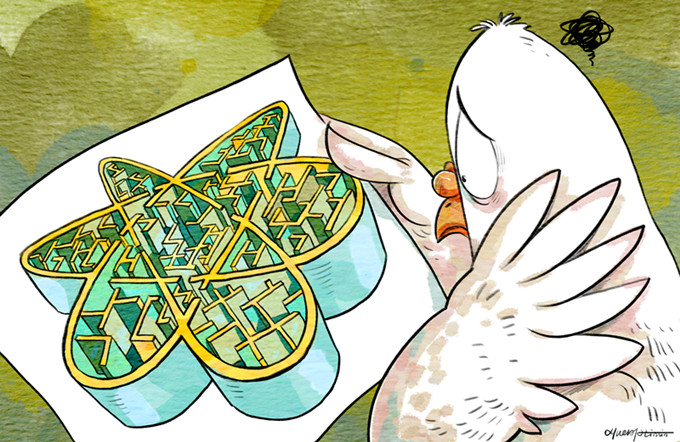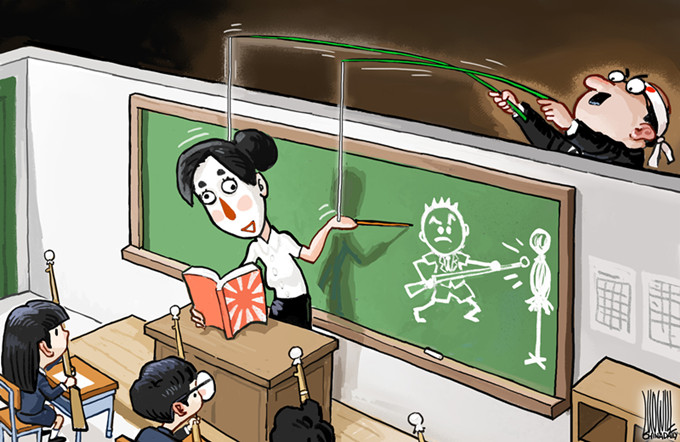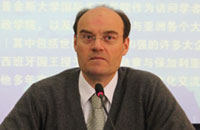'Key few' officials play major role in Party campaign
The Communist Party of China Central Committee has highlighted the role of a "key few" officials in advancing the education campaign on strict Party governance. The education campaign requires Party members to study the Party constitution, its code of conduct, as well as the speeches of Xi Jinping, general secretary of the CPC Central Committee, and become devoted Party members.
The campaign is important for strictly governing the Party and to ensure that its 88 million members maintain a high degree of ideological and political consistency with the central leadership.
The "key few" refer to leading officials at the central, provincial/ministerial and local levels. While the campaign covers every Party organization and member, the CPC focuses and relies on the "key few" to build a clean and principled political ecology.
Leading officials should strengthen their political capability and ideals, implement the Party's decisions and strictly observe political rules.
The top leadership has asked the "key few" to "shoulder the heaviest burden" and make the greatest efforts to advance reform and eradicate poverty, both fundamental to accomplishing the goal of building a moderately prosperous society by 2020.
They are also required to use their powers impartially and legally, and refrain from misusing or abusing them.
Many workshops have been organized to ensure the leading officials bear in mind the newly issued Party documents, such as the one on the norms of political life within the Party in the new era, and a regulation on intra-Party supervision. Both were approved at the Sixth Plenum of the 18th CPC Central Committee last year.
Regulating Party members and correcting their shortcomings requires long-term and persistent efforts. The leading officials have to fulfill their responsibilities in order to ensure the campaign is effectively implemented, its development supervised and perfunctory performance prevented.
History and reality both tell us that the key to solving China's problems lies in the CPC's effective governance, and the leading senior officials should make their best efforts to achieve that.
Exemplified by the "key few", the campaign has achieved results in addressing problems and plugging loopholes in the management of Party organizations.
If the "key few" high-ranking officials are slack in performing their duties or violate the law or Party disciplines, the result will not be just corrupt individuals; they might also lead a group of cadres astray and contaminate the political ecology of a department or locality.
Since the 18th CPC National Congress in late 2012, the CPC Central Commission for Discipline Inspection, the Party's top anti-corruption body, has investigated more than 200 senior officials.
Last year alone, it punished 76 ministerial-level officials. Those who failed to exercise their duties or were negligent in regulating their subordinates also have been held accountable.
The CPC is institutionalizing the campaign to expand the sphere of intra-Party education from the "key few" to the 88 million Party members across the country, in order to build a Party that is strong, clean and devoted to the interests of the people.




